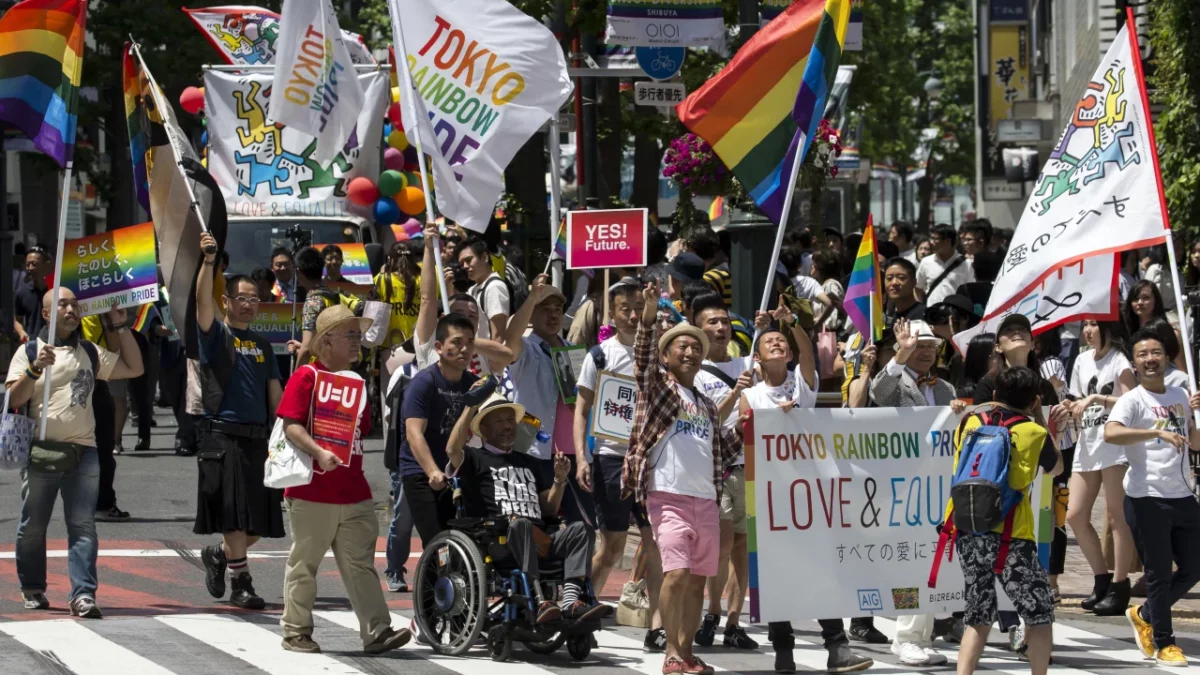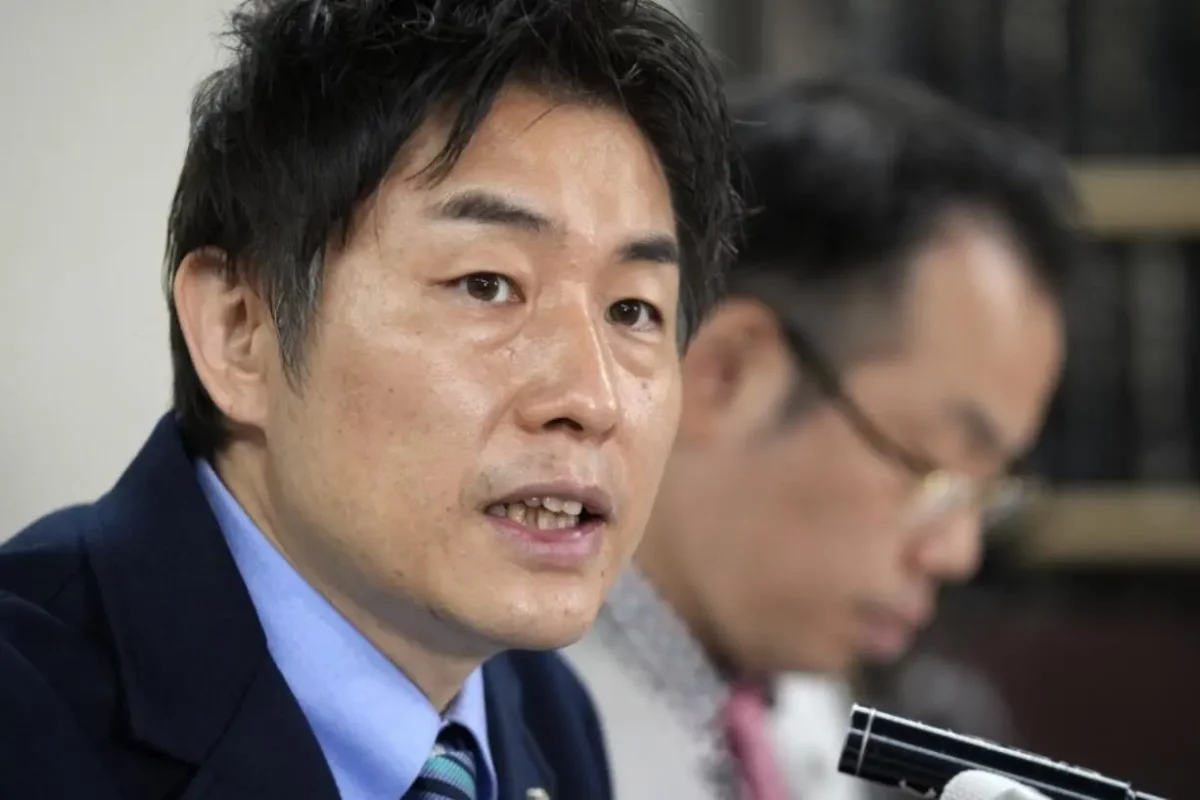The LGBTQ community in Japan is in a brief celebratory mood after the Supreme Court ruled in favor of a transgender woman. It was declared by the court that the clause requiring sterilization of transgender individuals was a violation of the Constitution. Prior to this ruling, a family court as well as the High Court had rejected the plaintiff’s case.
In Japan, a law was enacted 20 years ago that required transgender individuals to meet certain requirements before acquiring identity documents. These requirements are:
- Individuals must be diagnosed with a gender identity disorder
- Individuals must be 18 years old, unmarried, and childless
- Must have no reproductive capacity
- Must have genital organs “resembling” those of the opposite sex
- Individuals must undergo invasive sterilization and plastic surgery procedures
Read Also:
The City of Hong Kong is Paying New Parents Over Ksh 300,000 to Boost Birth Rate
Chinese Embassy Issues Security Advisories for Foreign Nationals in Kenya
Over the years, the law has been criticized by rights groups, and attempts to challenge it in court have been shut down. However, a transgender woman who wanted to change her gender from male to female without surgery decided to go forward with her case despite setbacks. The woman argued that hormone therapy had already affected her reproductive abilities hence no need for her to undergo sterilization and invasive surgery.

Fortunately, the court ruled in the woman’s favor declaring the provision requiring sterilization a violation of the Constitution.
“The restriction of freedom from bodily harm under this provision has become increasingly unnecessary at this point in time and the degree of the restriction has become more serious. Therefore, the provision in question is not necessary and reasonable.”
Japan Supreme Court ruling
The court further added that reproductive rights are considered basic human rights under the Constitution.
“The fact that they must unwillingly undergo removal of their reproductive capacity in order to match their self-identified sex with their legal sex is a cruel choice.”
Japan Supreme Court ruling
Lawyer Kazuyuki Minami who was representing the plaintiff expressed his client’s surprise at the unexpected outcome.
“I am extremely surprised at the unexpected outcome… It is very regrettable that (my) gender change was not approved by the Grand Chamber of Justice and that the case has been postponed. I am glad that the outcome of this case will lead to a positive direction.”
Plaintiff
Kazuyuki shared his sentiments on the outcome of the case acknowledging that there are very few judgments that deem existing laws unconstitutional. Despite being disappointed over not reaching their desired conclusion, he agreed that the ruling was very significant and a step in the right direction.

According to reports, the ruling prompted the Japanese Parliament to review the law in part. This is because it is the 12th time in 78 years, that the Supreme Court is deeming a legal provision as unconstitutional. However, the Supreme Court refused to rule on the other clauses. It stated that it is constitutional for transgender individuals to have genital organs “resembling” those of the opposite sex. Nonetheless, that part of the case was sent to a lower court for deliberation. On the bright side though, the requirement does not force individuals to undergo surgery.
News of the ruling was received with mixed reactions. Despite the celebrations, there are worries about the remaining surgical requirements. The members of the LGBTQ community termed this a half ruling, and are awaiting the lower court ruling. It is now upon the lower court to decide whether other surgeries will be required to have genital organs “resembling” the other sex. Although the Japan LGBTQ Law Coalition applauded the decision, they voiced their regrets.
The coalition hopes that the court will make fair decisions on the remaining requirements for transgender individuals. It also highlighted the discrimination transgender people face over using the bathroom of their choice which is widely reading anxiety and fear. In June, the Supreme Court ruled against a government agency that had prohibited a transgender employee from using the women’s bathroom.
Subscribe to our YouTube channel Switch TV
Japan is a country that continues to hold on to its conservative views on LGBTQ matters. Nevertheless, an attitude shift is gradually being witnessed in the country. But discrimination still remains an issue to be contended with. Aside from that, Japan is the only G7 nation that offers no legal protection to same-sex unions. In May, the government was pressured into passing a law that promotes understanding of the LGBTQ community.
The move came as Japan was preparing itself to host the G7 Leaders’ Summit. Unfortunately, wrangles over the bill delayed its submission to parliament to a day before the summit. As a result, the bill passed was a watered-down version of what the activists had previously presented. According to critics, it lacked human rights guarantees and had words that may inexplicitly encourage forms of discrimination.
















